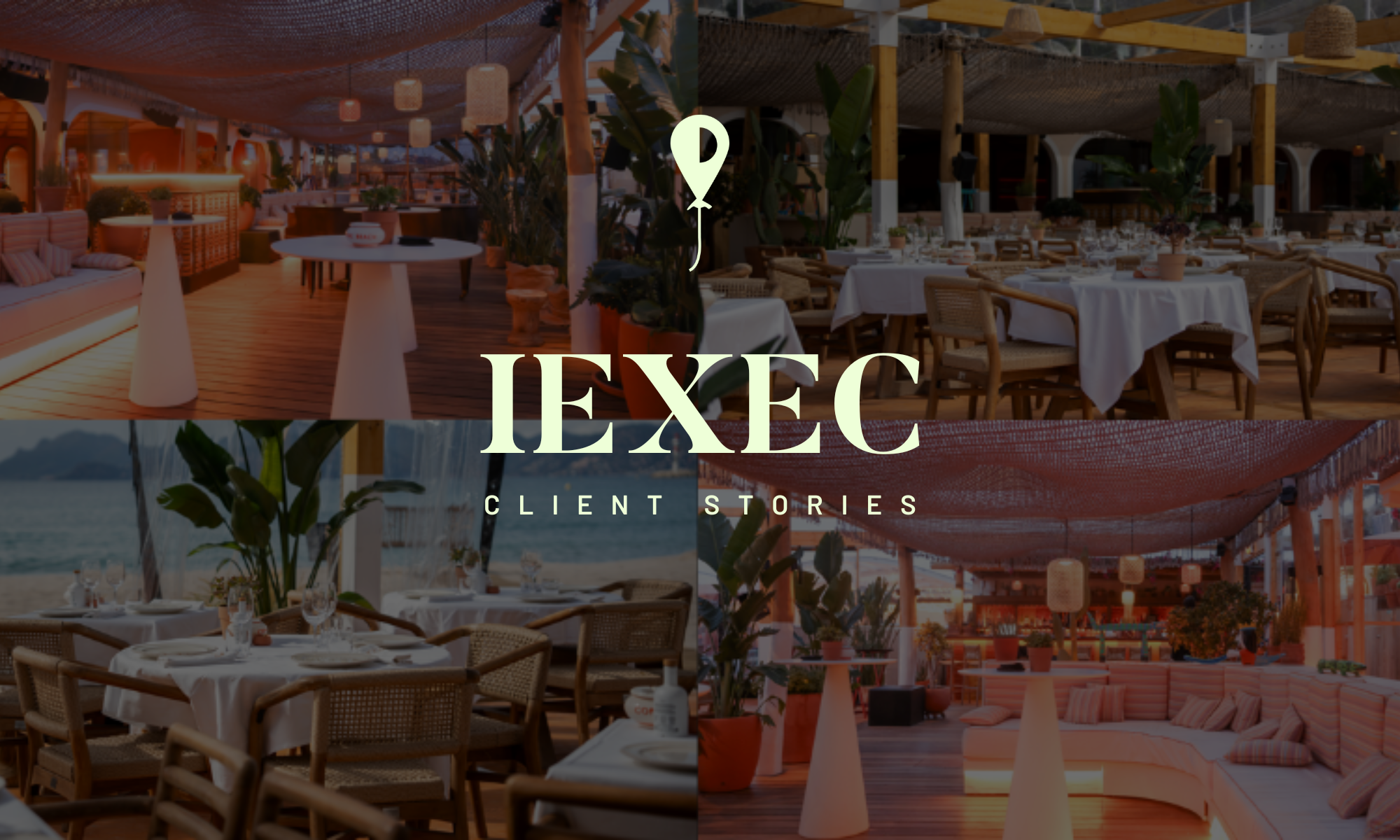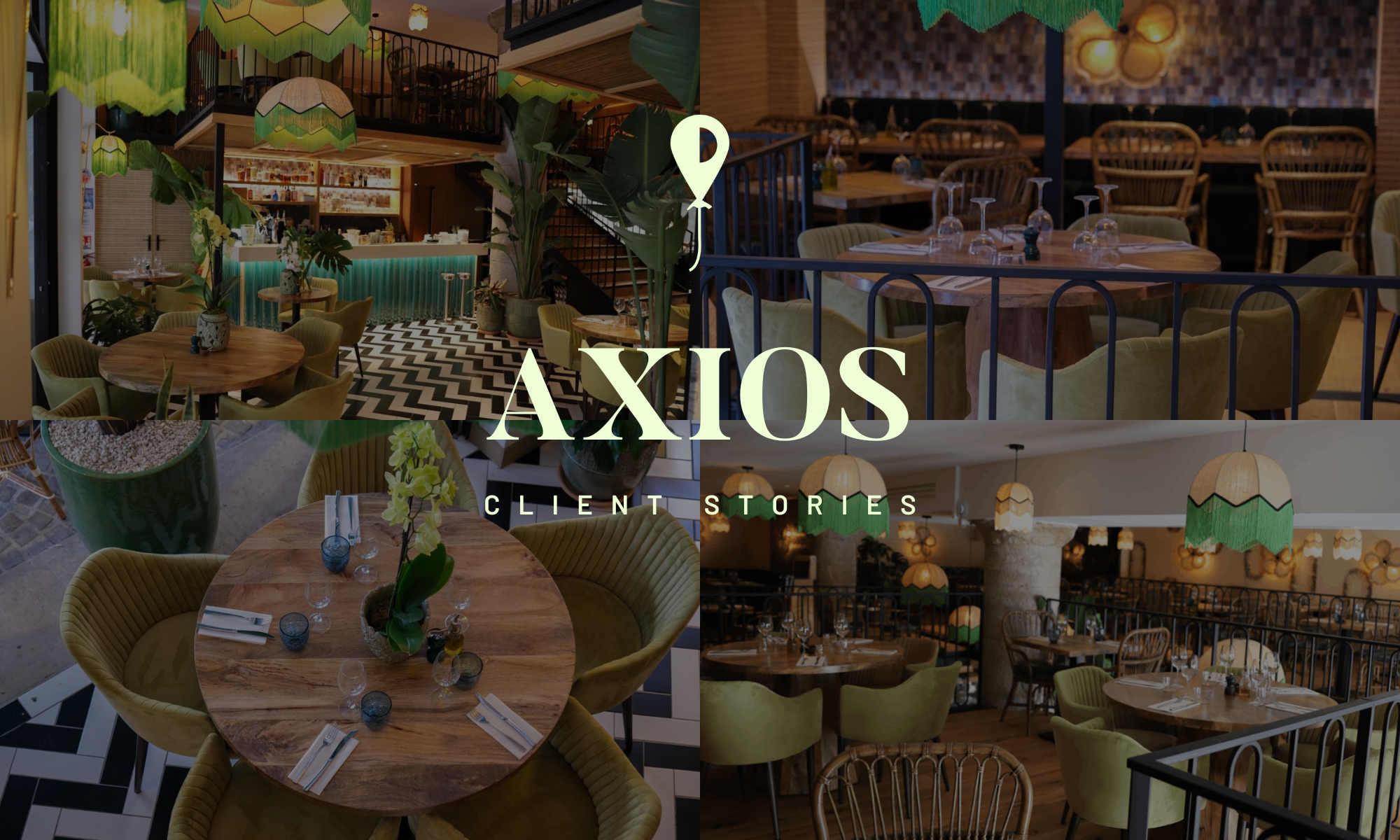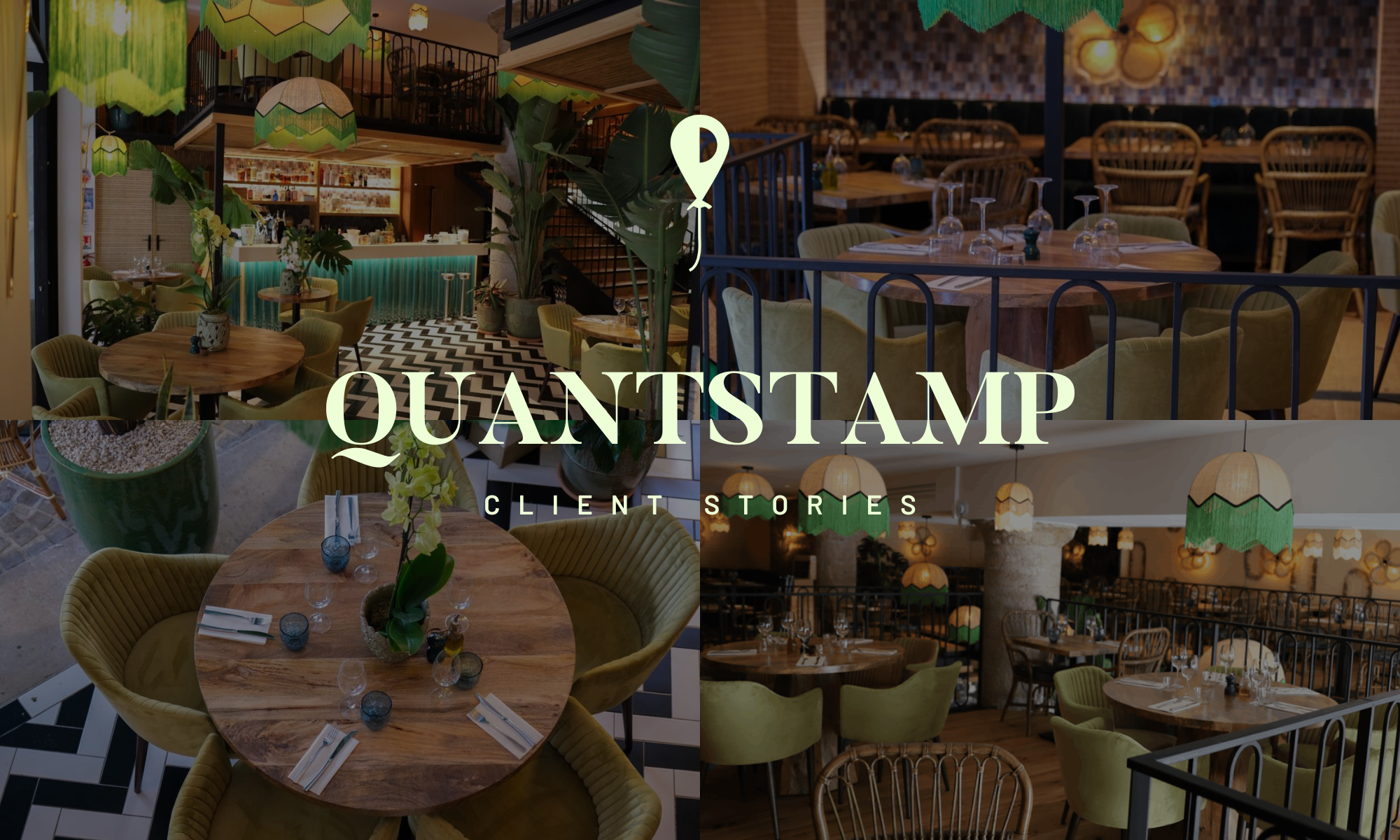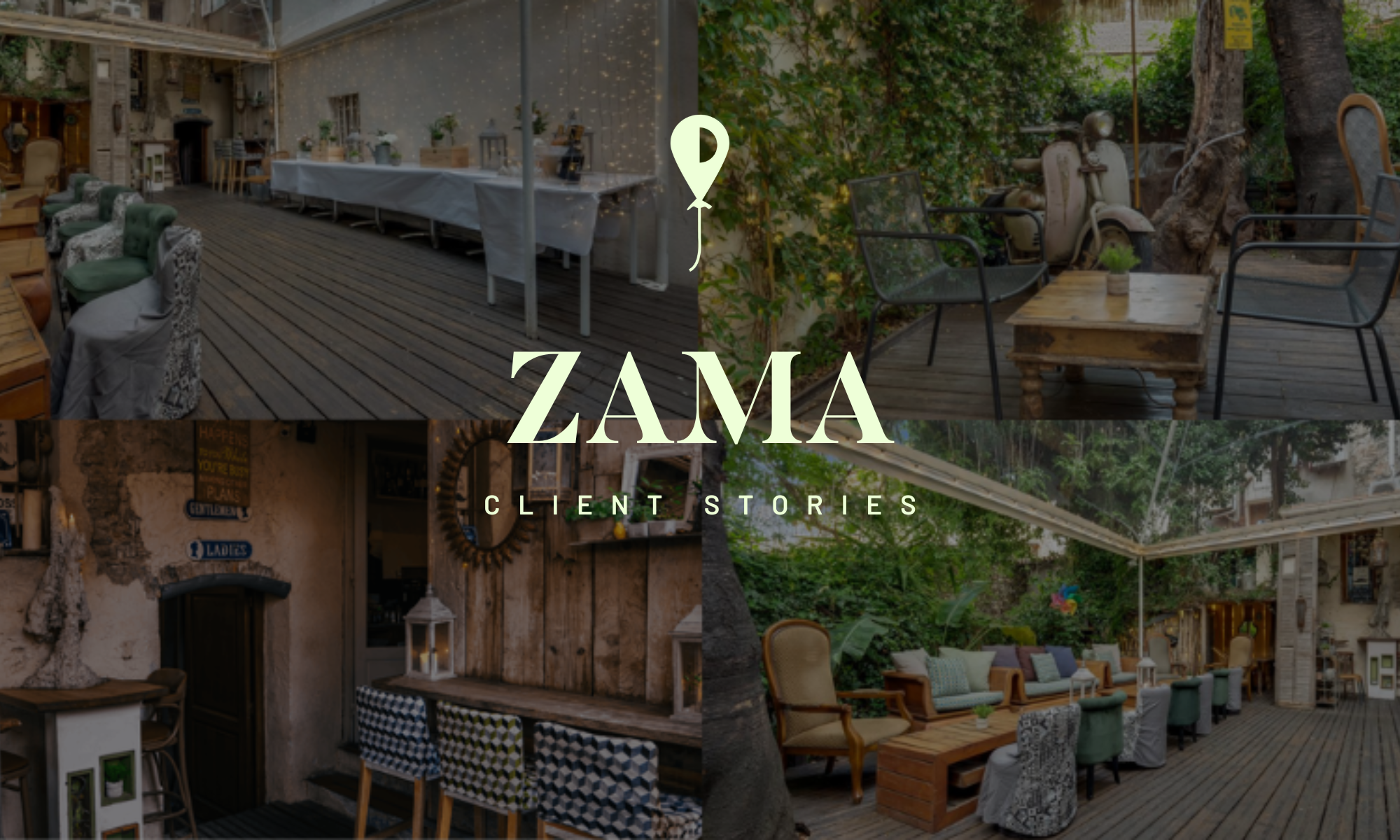Find a Boat for Your Next Seminar
Location
Type of event
Type of venue
Date
Guests
Accommodation
Want to create a memorable experience that breaks away from the usual meeting rooms? Hosting your seminar on a boat offers a refreshing change of scenery — dynamic, exclusive, and full of charm. Whether it’s cruising gently along a river or docked in a scenic harbor, a boat turns your event into an experience in itself.
1 / 4
Popular types of boat venues for a seminar
Not all boats are the same — and that’s precisely the appeal. Whether you're aiming for intimacy, prestige, or a touch of adventure, there’s a floating venue to match your seminar style. Here are the most common types you’ll find — and what makes each one unique:
Canal boats and péniches
Perfect for small teams or executive meetings, these gently cruising boats offer a peaceful, cocoon-like atmosphere. The slow pace of canals creates a sense of calm, ideal for strategic thinking, focused discussions, or even informal coaching sessions.
Many péniches come with cozy interiors, sun decks, and flexible layouts, allowing you to alternate between indoor sessions and open-air moments. Bonus: the shifting views outside the window provide a gentle rhythm that fosters inspiration and presence.
Yachts, docked or at sea
If your goal is to impress — whether it’s for a board retreat or a high-stakes client presentation — yachts are the gold standard. Docked, they offer stability and luxury without the motion of the sea. At sea, they create a rare, immersive experience, where every detail feels elevated.
Expect plush interiors, attentive service, and postcard-worthy views. Some yachts offer multiple cabins, professional kitchens, and private meeting spaces — combining five-star comfort with exclusivity.
Catamarans and sailboats
These are ideal for small, dynamic teams looking for something different. With their wide, open decks and minimalist interiors, catamarans and sailboats deliver a real sense of escape. You're not just holding a meeting — you're sharing an adventure. Activities like informal brainstorming, unplugged discussions, or even brief sailing workshops can be woven into the agenda.
They’re also a great choice for sunny, half-day sessions with a “team reward” vibe.
Event boats and private cruises
When scale matters, opt for boats built for events. These include multi-deck cruisers, riverboats, or privatised ferries designed to host larger groups. They typically feature modular indoor spaces, equipped with AV systems, bars, catering areas, and open decks for breaks or networking.
Whether you stay docked or cruise for part of the day, these boats combine practicality with novelty. They’re perfect for seminars with festive elements — think product launches, company milestones, or evening cocktail moments.
Why host a seminar on a boat?
A boat isn’t just a venue — it’s an experience. As soon as you step on board, the usual routine is left behind. The change of pace, the sense of movement, the closeness to water… it all contributes to a unique atmosphere that sparks attention and fosters connection.
Whether it’s a strategic retreat or a celebratory event, hosting a seminar on a boat adds a sense of occasion. The setting invites openness and creativity, while the confined (yet comfortable) space helps strengthen group cohesion.
There’s also a symbolic power: moving forward, exploring new directions, navigating together. It’s a strong metaphor for teams in transition or projects launching into new waters.
In short, a boat makes your seminar memorable — for all the right reasons.
Types of seminars best suited to a boat
Some seminar formats are particularly enhanced by the immersive, out-of-the-ordinary setting a boat provides. Here are a few that truly shine at sea (or on a river):
Executive or high-level seminars
For strategy sessions or leadership retreats, a boat offers calm, exclusivity, and total focus. The limited space encourages quality discussions — no distractions, no unnecessary movement. Just your team, the agenda, and the horizon.
Product launches, PR events, or client gatherings
If you want to create a buzz and leave a lasting impression, a boat is hard to beat. The setting is inherently prestigious, ideal for unveiling a new product or nurturing key business relationships in a unique atmosphere.
Team building or reward days
Whether it’s sailing along the coast or cruising down a river, a boat creates shared memories. Activities like onboard workshops, group meals, or even mooring for a swim foster stronger connections and make people feel truly valued.
How to choose the right boat for your seminar
Not all boats offer the same setup — so choosing the right one is essential to ensure your event runs smoothly and achieves its goals.
Capacity & layout
Make sure the boat matches your group size and the format of your seminar. Do you need a main room for plenary sessions? Breakout areas? Outdoor decks for informal moments? From intimate lounges to multi-level decks, every detail counts when space is limited.
Services & safety
Check the onboard facilities: is the Wi-Fi reliable? Is there AV equipment available? What catering options are offered? Also, don’t overlook safety: trained crew, life jackets, and compliance with maritime regulations are a must — especially if you plan to sail.
Route & accessibility
Whether docked or in motion, think about logistics. Is the departure point easy to reach for all participants? Will the boat stay at port or go for a cruise? Define the experience you want to offer — static or dynamic — and plan the route accordingly.
Tips for planning a seminar on a boat
A seminar on the water makes a strong impression — but it requires careful prep.
Check the weather forecast and plan for backup solutions (covered areas, heating or cooling options). Make sure the boat is stable enough for working conditions, especially if some guests are prone to seasickness. Confirm onboard logistics: power outlets, Wi-Fi, AV setup, and catering arrangements.
If the boat is moving, keep the agenda light and flexible — sailing time can be used for networking or informal exchanges. Finally, ensure everyone knows the boarding time and location to avoid delays. A smooth start makes all the difference.

.png?w=324&h=315&crop=smart-entropy)

.jpg?w=324&h=315&crop=smart-entropy)
.jpg?w=324&h=315&crop=smart-entropy)
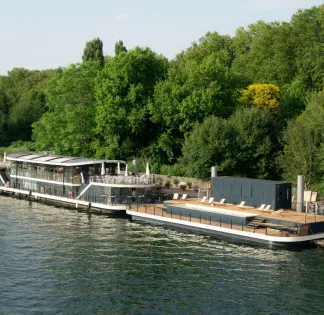

.png?w=324&h=315&crop=smart-entropy)

.jpg?w=324&h=315&crop=smart-entropy)

.jpg?w=324&h=315&crop=smart-entropy)
